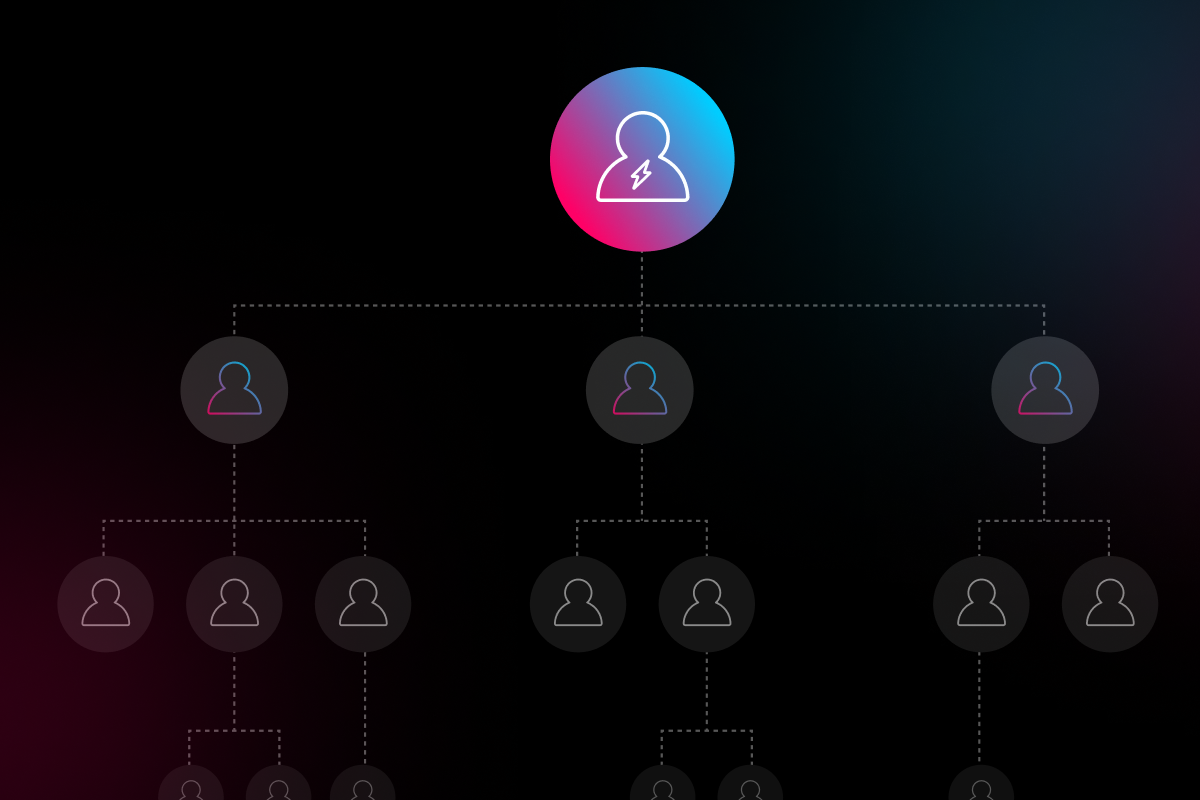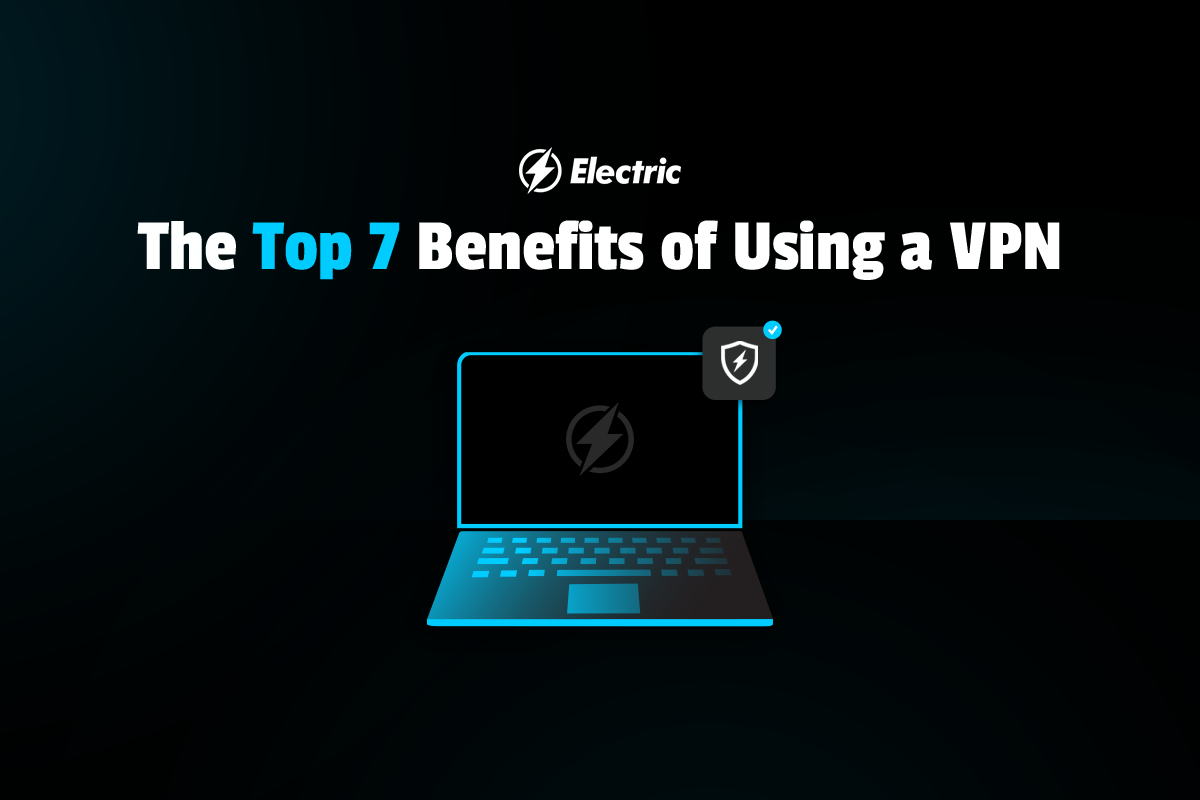
For many organizations, the shift to remote and distributed work was an abrupt change. As a result, many companies were unprepared to deliver the additional supports needed to ensure employees could securely work from home. According to a study by OpenVPN, most firms implemented remote work capabilities for the first time during the pandemic.
The need to protect remote workers and company information from online attacks is now a vital consideration for small businesses. Working from home increases the vulnerability of employees to hackers because the environment is somewhat different from an office setting. Ensuring your workers are using a VPN as they work from home is a critical component of your cybersecurity strategy. This article outlines everything you need to know to get started with a VPN in your organization.
What Is A VPN and Why Is It Essential for A Remote Workforce?
A VPN (Virtual Private Network) refers to a secure communication tunnel between two online locations. The locations, in this case, can either be home and work or a house and a favorite website. Using a VPN means that no one on the outside can see what you are doing inside this tunnel. That is possible because VPNs are secure web connections that protect an entity’s information from employees and vice versa.
So, when you invest in a VPN, it helps your organization encrypt data as well as scan devices for malware in a bid to prevent hacking threats. According to Orbis Research and Statista forecast, the expectation is that the global VPN market value will grow from an estimate of $20.6 billion in 2018 to almost $36 billion in 2022.
As both small and large entities embrace remote working ,VPN usage is spiking. Additionally, as more and more entrepreneurs appreciate the importance of adopting a layered approach for combating cyber attacks, investing in a reputable business VPN will prove a necessity.
It is also worth noting that a personal VPN secures private access to the internet, but a business VPN allows workers to access private network resources remotely. That way, your employees can work and connect to your firm’s worldwide branches and locations thanks to a VPN.
7 Benefits of a VPN
In today’s hybrid work environment, it is commonplace for employees to work from a variety of locations throughout the week, whether it’s at home, in the office, or in another public space. Here are details on how a VPN can secure your remote employees in this scenario.
1. Protects Public Wi-Fi Users
Sometimes, working remotely means employees will access their work accounts and applications outside the home. That can include shopping malls, cafés, transport hubs, or other places where employees can access free Wi-Fi.
The only problem is that public Wi-Fi is not secure since hackers can detect and capture unencrypted data using sniffer software. Online attackers can install such software on smartphones, laptops, and tablets when employees are using free wireless access. Advising your workers to use the company VPN whenever they use public Wi-Fi can solve this problem.
2. Acts As Part of Your Entity’s Best Practices
Securing your office network with a VPN should be part of the best practices you enforce in your cybersecurity policy. That gives you the confidence that your employee passwords will remain safe and that hackers will not sniff encrypted connections as you work with your remote team. In that case, your employees will also be safe from online attacks as they work from home.
3. Eliminates Security Concerns
Employees may have security concerns or challenges when accessing company resources remotely. This distraction can affect the productivity of your remote team. A VPN eliminates unnecessary insecurities among remote workers, which, in turn, boosts their output.
4. Works Within Your Budget
A VPN is an affordable solution for businesses to improve their cybersecurity. For a small monthly fee, you’ll reap a wide range of benefits and help to reduce employees’ exposure to hackers, no matter where they work.
5. Facilitates Accessibility to Remote Data
In today’s hybrid work environment, it’s critical that employees can do their job and access the resources they need from any location. VPNs allow this to happen in a safe and secure way.
6. Supports Geographical Independence
Employees no longer need to live in the vicinity of their employer’s office. In fact, in recent years, more and more workers have relocated outside major cities. VPNs help support this workforce mobility.
7. Negates the Need for Routing Hardware
Software VPNs are a cost-effective alternative to securing your office network without acquiring and maintaining expensive routing hardware.
VPNs can provide reliable protection in some situations and completely thwart online attacks in other cases. While they are not completely impenetrable, investing in a capable VPN is your best bet if you are focusing on online protection when working with a remote team.
Implementing a VPN Benefits Your Business Security
Protecting your company data and ensuring your remote workforce is prioritizing the associated best practices is paramoun. A VPN can help you realize that objective, both now and in the future.Electric can work closely to help you find the right VPN solutions to make remote work easier and more secure for your employees.



